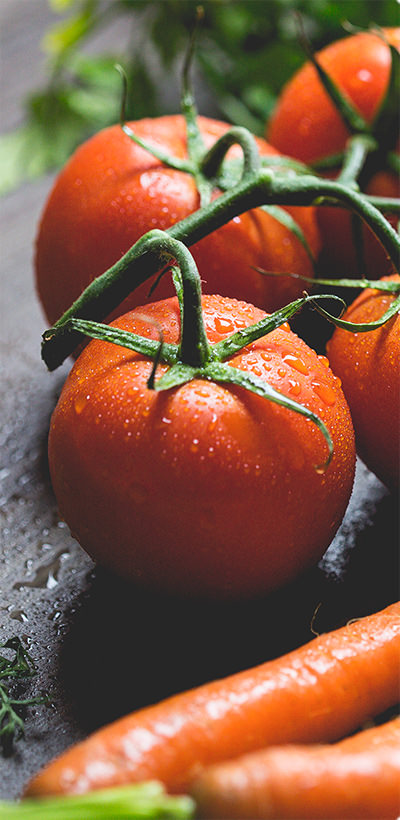Canadice Seedless Grapes
Vitis. Canadice produces beautiful, pink-blushed grapes with excellent flavour. Compact clusters of large fruit. Produces 35-40 clusters per vine. Although these grapes are hardy, areas that are susceptible to late frosts should be avoided. Planting more than one type will improve your harvest. Bears fruit in 3-4 years. Hardy to zone 5. We ship No. 1 bare root (approx. 15-18"L).
Spring Planting: this product will be shipped late April through May according to hardiness zone.
Scroll down for more details and growing information.
Sold as: Pkg of 1
| Qty | Desc | Price |
|---|---|---|
| 1 | Pkg of 1 | $ 25.95 / pkg |
| 2 | Pkg of 1 | $ 22.00 / pkg |
| 4+ | Pkg of 1 | $ 19.45 / pkg |

Details
Growing Information
Important! Upon Arrival:
Keep moist and cool. Fruits and berries are shipped in dormant form so they can be transplanted out once the soil can be worked in the spring. Light frosts will not damage the plants as they are in the resting stage. If you are unable to plant immediately, the plants can be stored for a short period of time. This should be a dark, cool (but not freezing) location such as an unheated garage, fridge or a cold cellar. They should also be kept moist, but not wet, until they are planted.
Site Selection:
Choosing the right spot for any long-lived perennial plant is important. More so with grapes as the right site will help reduce disease problems and ensure fruit for many years to come. The 4 factors to consider are:
- Soil Drainage. Grapes do not like wet feet, so avoid sites where the soil is heavy or water sits for any amount of time.
- Air Movement. Good air circulation will reduce disease problems.
- Frost pockets. Avoid frost pockets, plant grapes in an area where they will not be exposed to late spring frosts or early fall ones.
- Sun Exposure. Grapes should be planted in a location that receives full sun.
Soil Preparation:
Since this will be the permanent home for the grape it is important to properly prepare the soil before planting. Grapes like a moderately acid soil (pH 5.5-6.0), so lime is not generally required, unless your soil is very acidic. Grapes are not heavy feeders, but working some compost into the soil should help them get a good start.
Planting:
Space grapes 8 feet apart in rows 10-12 feet apart. The soil should be lightly packed around the plant and well watered until the grape begins to grow. They can be fertilized 3-4 weeks after they are planted out with a balanced fertilizer.
Pruning:
Since grapes can be very prolific and only bear fruit on 1 year old wood, they need to be pruned and trained to bear an abundant harvest. The following process describes a common pruning method called the 4 arm Kniffen system, but the principles can be applied to any form. This system involves using two strands of galvanized steel wires at 3 feet high and 6 feet high, spaced 3 feet apart on posts 16 feet apart. Grapes should be pruned in late winter, early spring before the buds have begun to grow.
Year 1: In the first year of growth the grapes should be tied up to a stake and only the strongest 2 shoots allowed to grow.
Year 2: Select the stronger of the two canes to be the main trunk of your grape. If the cane has only reached the first wire then restrict it to two shoots. If it has reached the top wire, once the shoots begin to grow remove all but the strongest 4 or 5 at each wire, these will be the arms of your grape vine.
Year 3: At each wire select the strongest cane going in each direction and prune to 3-4 buds in each cane. These will provide the fruiting wood for next year.
Year 4 and beyond: Finally the first fruiting year has arrived. Select the stronger cane at each wire and prune to 6-10 buds each. This cane will bear the grapes. Also leave one shoot in each direction pruned to 2-3 buds. This will supply next years fruiting canes and is called a spur. The fruit should be harvested in the fall. The colour will change before the grapes are ripe, so a taste test is the best way to know when they are ready. In future years prune back the previous years wood and select a new fruiting branch and spur.



